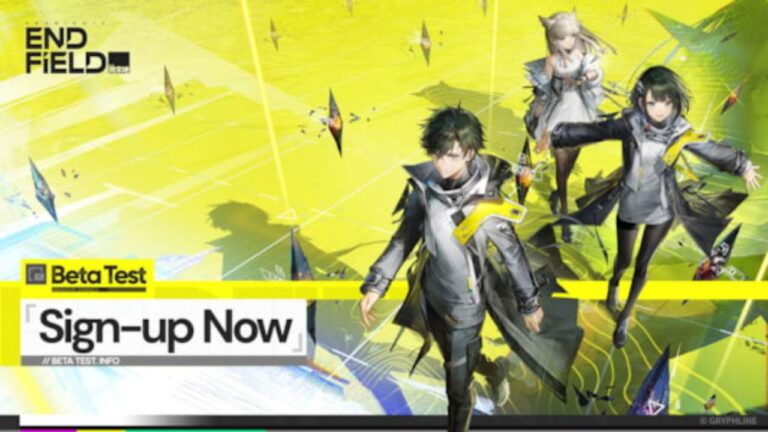
Japanese Game Umamusume Sparks Interest in Indonesian Horse Racing
United Gaming – When the anime-style simulation game Umamusume: Pretty Derby launched globally on June 26, 2025, it quickly garnered attention. Originally released exclusively in Japan in 2021, the game allows players to train anthropomorphic horse girls, blending idol culture with racing. Its global popularity soared, with SteamDB reporting a peak of 87,000 players and over one million downloads on Google Play. Consequently, Indonesian fans began following real-world horse races, notably the Indonesia Derby 2025, both in person and via livestream.
Umamusume Fans Flood Indonesia Derby Chats with Game References
As the Indonesia Derby 2025 unfolded, livestream viewers peppered chat replays (though disabled at posting) with Umamusume-inspired comments. Some viewers exclaimed “Umazing!”, compared horses to “Symboli Rudolf version Indonesia,” lamented “Kena skill Go with the Flow,” and expressed hopes that Cygames would adapt Indonesia’s own horses into the game. These references surfaced organically, highlighting the crossover between gaming fandom and live sporting events.
Indonesia Derby 2025 Hits at the Perfect Moment
Coincidentally, Umamusume’s rise aligns with a pivotal moment for Indonesian horse racing. On July 27, the prestigious Indonesia Derby—Grade 1 race for three- and four-year-olds—crowned a new Triple Crown champion. King Argentine, owned by Kusnadi Halim’s Stable King Halim and ridden by Jemmy Runtu, won the Derby at Sultan Agung Racecourse in Bantul, securing its place in racing history after an eleven-year wait.
Organizers Welcome the New Wave of Fans
Sargo.Co, the event organizer, reportedly expressed surprise at the influx of new spectators driven by Umamusume fandom. Their social media teams responded to numerous fan comments connecting the game with real horses. Additionally, popular local artists began reimagining King Argentine and other winners as Umamusume-style horse girls. Sargo.Co clarified that such fan art is permissible, as it fosters engagement and creative expression around the sport.
Fusion of Virtual Passion and Real-World Racing
Overall, the convergence between Umamusume and Indonesia Derby illustrates a compelling cultural crossover. Fans drawn initially to virtual simulations now appreciate real-world racing, while organizers receive fresh attention and creative fan contributions. This symbiotic relationship not only freshens the image of horse racing in Indonesia but may also inspire future collaborations between game developers and racing bodies looking to captivate younger audiences.


